Juneteenth: Opening Up New Ways to Teach about Slavery, Black Perseverance, and American History
Every year in June, the United States commemorates the lengthy fight endured by generations of Black Americans to end slavery and obtain racial justice during a celebration called Juneteenth.
Known officially as Juneteenth National Independence Day, the federal holiday aims to inform and educate all Americans on Black perseverance, the history of slavery, and how African Americans fought to push back against racial injustices.
Juneteenth Becomes a National Holiday
Juneteenth is held on June 19 each year in the United States. The date commemorates the day in 1865 when the last slaves were freed in the state of Texas.
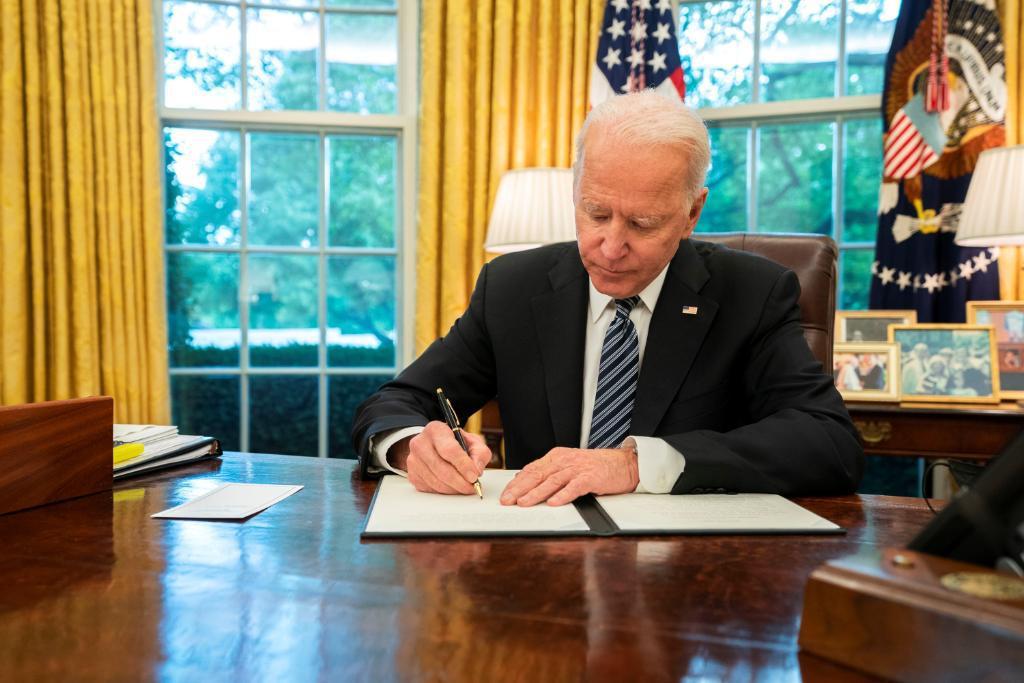
Source: Wikimedia
In 2021, U.S. President Joe Biden signed legislation that made Juneteenth an official federal holiday after interest grew the previous year. This came following the nationwide protests that occurred in the wake of the deaths of black Americans George Floyd and Breonna Taylor.
89-Year-Old Walks for Awareness
Prior to Biden’s decision to make Juneteenth a national holiday, 89-year-old Opal Lee walked from Texas to Washington, D.C., in 2016 to raise awareness about the holiday and encourage lawmakers to make it official.
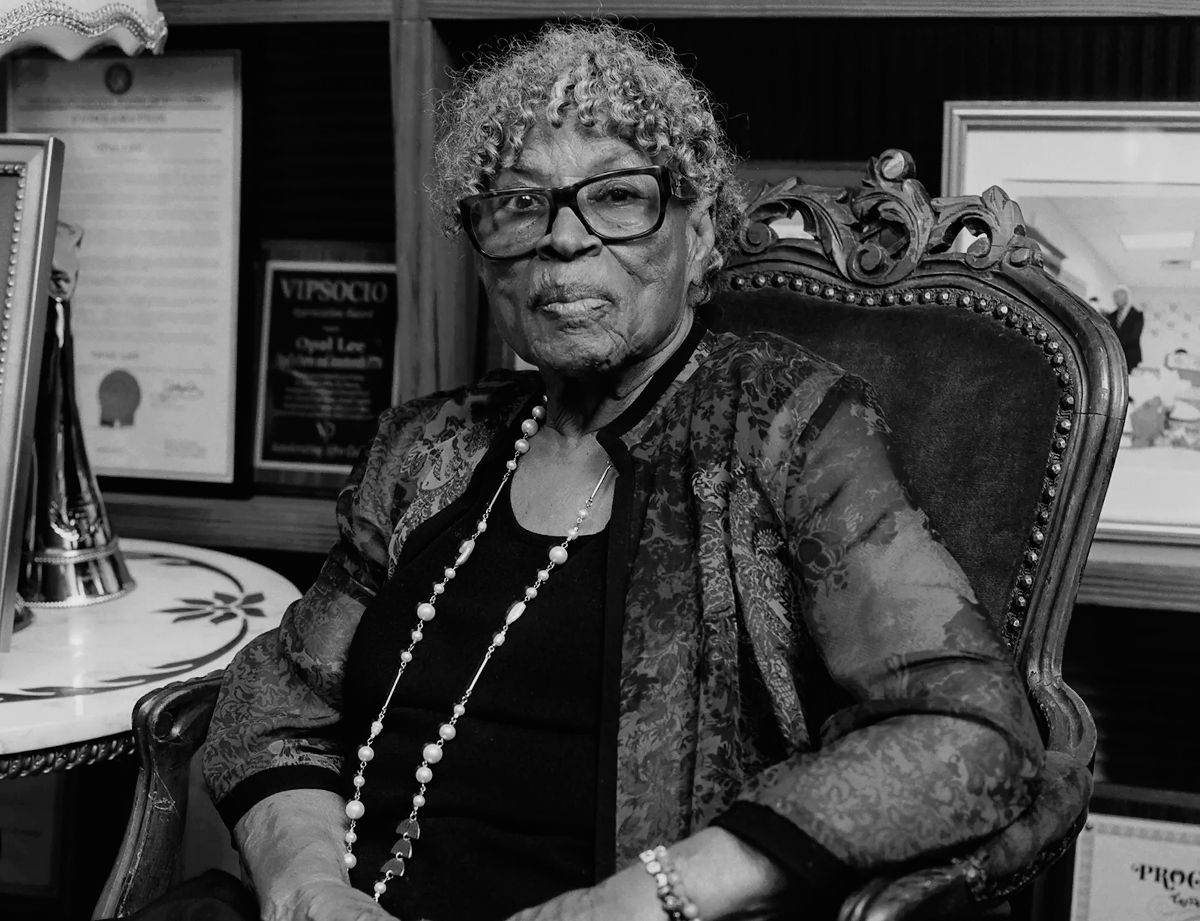
Source: @Jimfrombaseball/X
“I’ve got so many different feelings all gurgling up in here,” Ms. Lee said following Congress’ decision to approve the new federal holiday.
Children in the US Taught About Slavery
The National Museum of African American History released a guide aimed at informing children across the US about Juneteenth. However, it focuses on the stories of Black cultures, leaders, arts, beauty, and accomplishments as opposed to solely the pain and trauma of slavery.

Source: Freepik
“Juneteenth events can be wonderful opportunities to introduce the concepts of slavery with a focus on resilience and within an environment of love, trust, and joy,” the guide states.
More Than a Celebration of Freedom
To many Black Americans, Juneteenth not only represents the end of slavery but is a reminder of the struggles faced by those who stood against racial injustices and slavery.
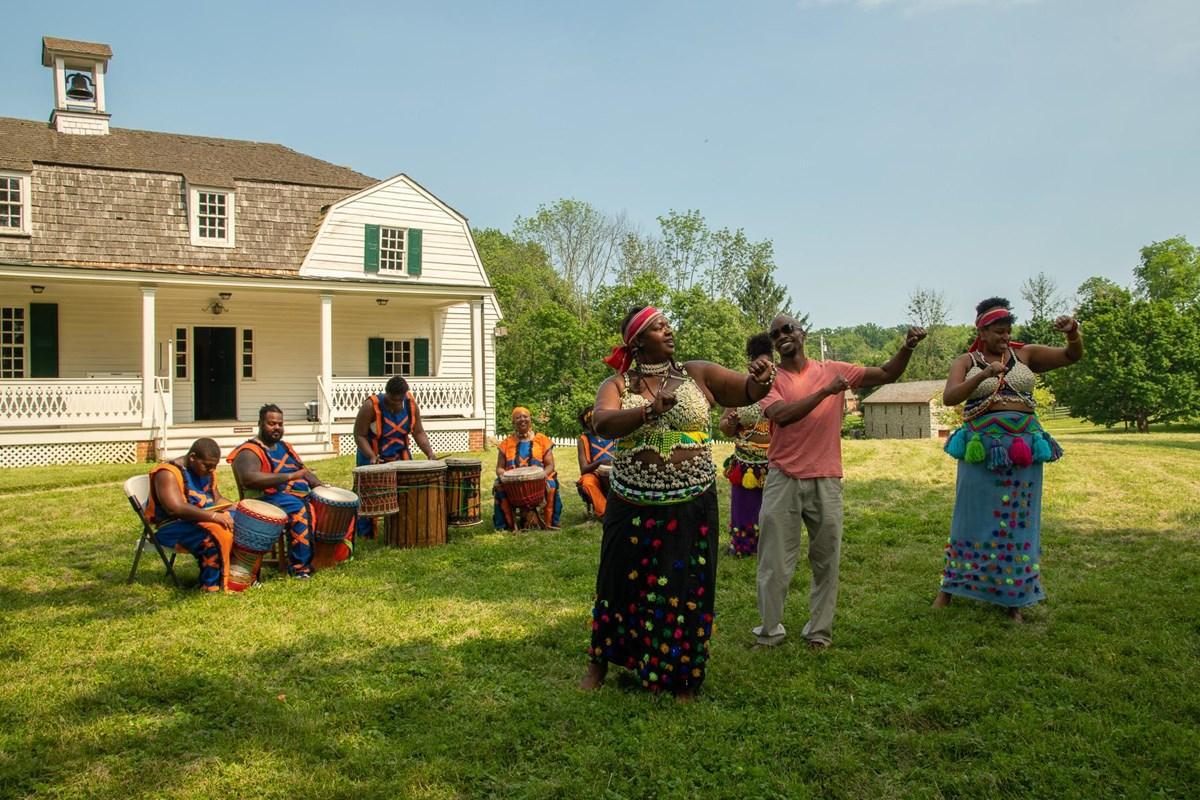
Source: Freepik
Black people have always “acted, made their own decisions based on their interests, and fought back against oppressive structures.” said Black history education professor LaGarett King.
Acknowledging the Legacies of Black Figures
While the holiday should commemorate the end of the nefarious and vicious practice of slavery, it is an opportunity to remember the many legendary freedom figures who arose during the years of captivity.

Source: Wikimedia
This includes Gabriel Prosser, Denmark Vesey, Harriet Tubman, Sojourner Truth, and Nat Turner, but it is not limited to them.
Teaching About the Peaceful Activists
The holiday’s nationwide recognition has opened the doors to exploring what the day means for so many Americans. It has also allowed for a deeper understanding of the people who paved the way for social justice around the world.
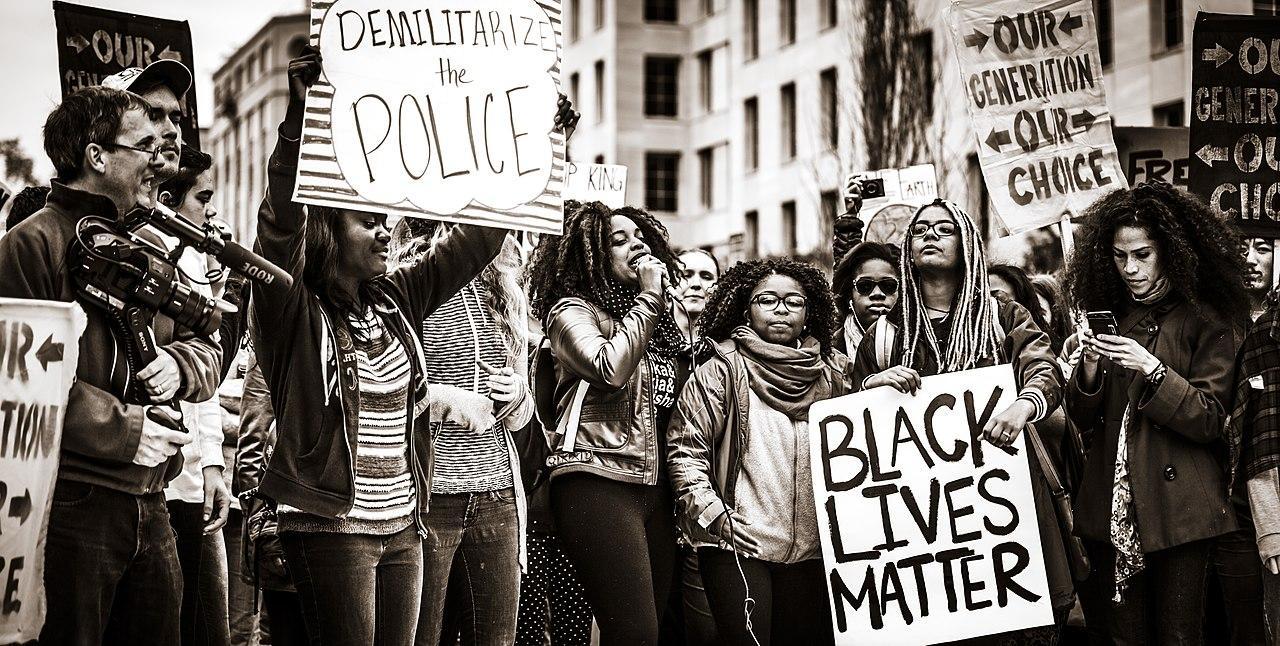
Source: Wikimedia
The acceptance of the holiday has allowed for more focus on freedom fighters such as Moses Gottlieb, better known as General Buddhoe, who led a nonviolent revolt that ultimately led to the end of slavery in the West Indies, which has become more prevalent in the US.
Connecting Juneteenth to Current Events
Educators can use the federal holiday as an example of the ongoing demands for racial justice in places across the US.
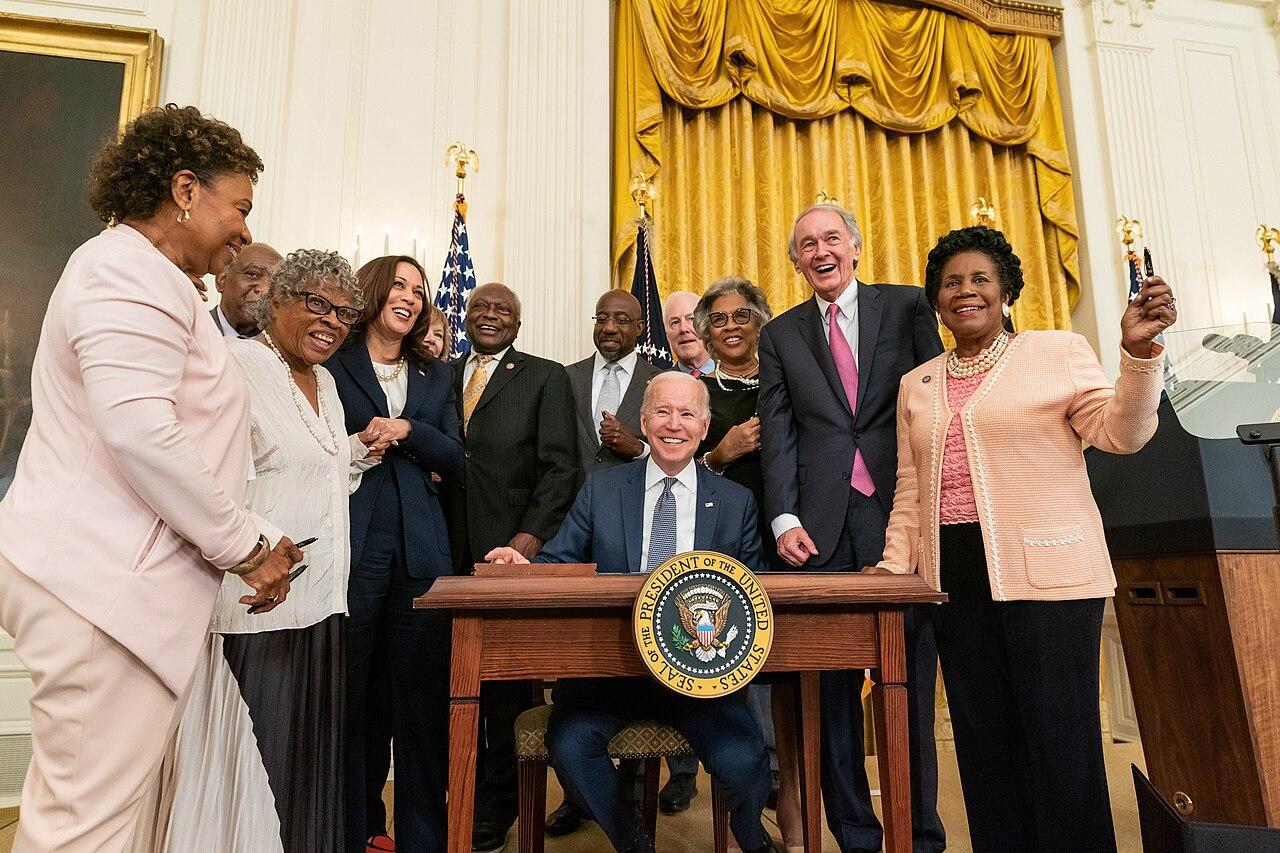
Source: Wikimedia
According to former Brooklyn middle school principal George Patterson, when students study Juneteenth, they are “better equipped to understand the historical underpinnings of what’s going on in the streets and to put the demands being made in context.”
Drawing Lessons From the Holiday Year-Round
Odessa Pickett, a teacher from the Barack Obama Learning Academy in Markham, suggests that educators use Juneteenth as a means to teach about black history throughout the year.
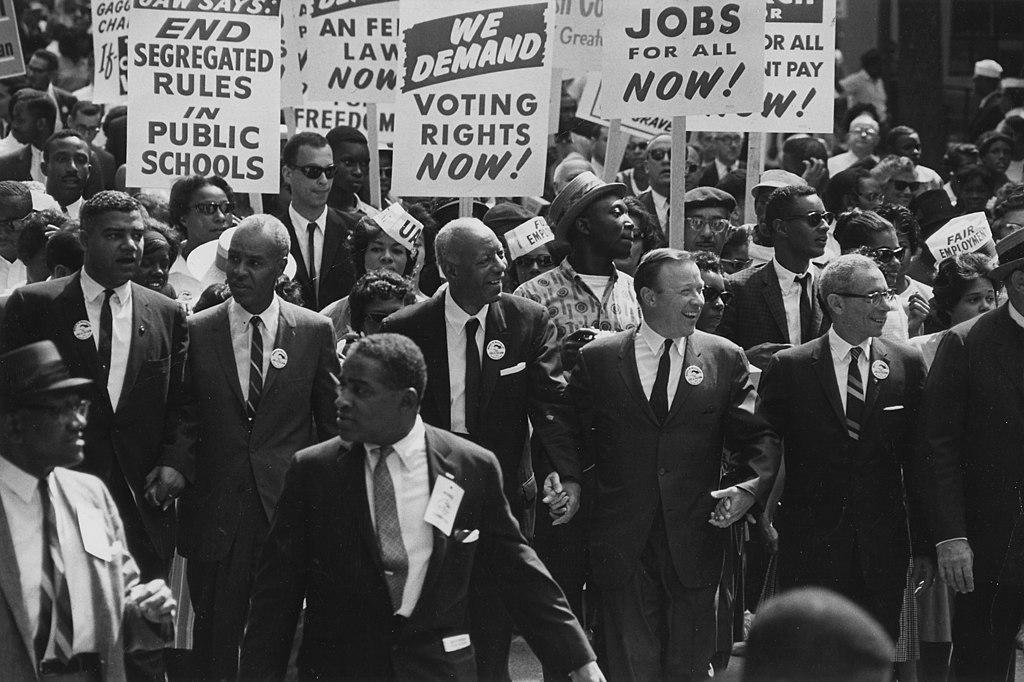
Source: Wikimedia
“If it’s not in the textbook, then we need to introduce it; we need to teach it,” said Pickett. She continued, “We need to bring it to the forefront.”
Juneteenth Feels a Little Different Now, Says Scholar
Mark Anthony Neal, an African-American studies scholar at Duke University, shared his thoughts on how Juneteenth has evolved over the years.
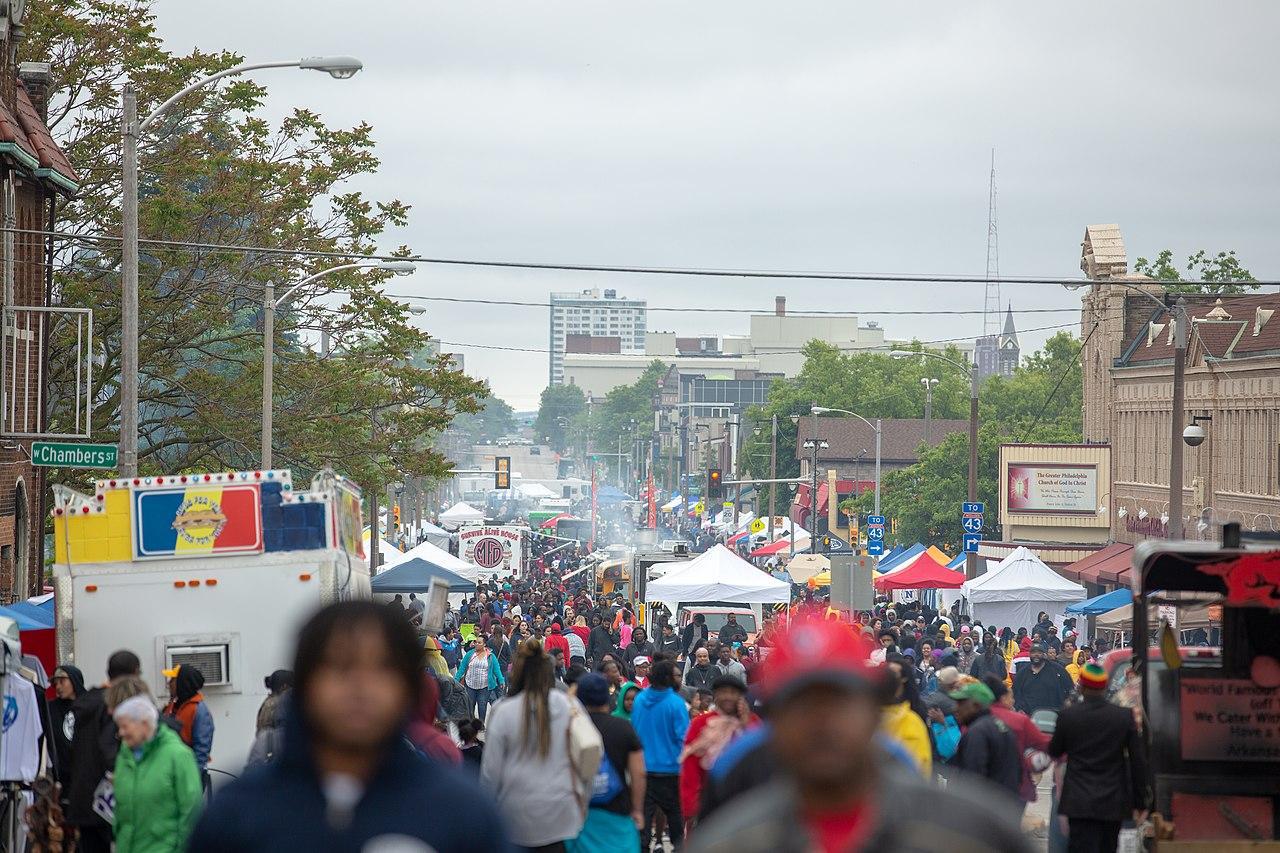
Source: Wikimedia
“I think Juneteenth feels a little different now,” he said. “It’s an opportunity for folks to kind of catch their breath about what has been this incredible pace of change and shifting that we’ve seen.”
Allowing Others to Commemorate Juneteenth in their Own Way
As far as the holiday is concerned, Dr. David Anderson, a Black pastor and CEO of Gracism Global, claims the most important thing is to allow others to choose how they observe or get involved in the commemoration.

Source: Freepik
“Just like the Martin Luther King holiday, we say it’s a day of service, and a lot of people will do things. There are a lot of other people who are just ‘I appreciate Dr. King, I’ll watch what’s on the television, and I’m gonna rest,’” Anderson said. “I don’t want to make people feel guilty about that. What I want to do is give everyday people a choice.”
Making Juneteenth More Than a Holiday
The US is now in a position to use the federal holiday of Juneteenth to enlighten students across the nation about more than just the end of slavery.
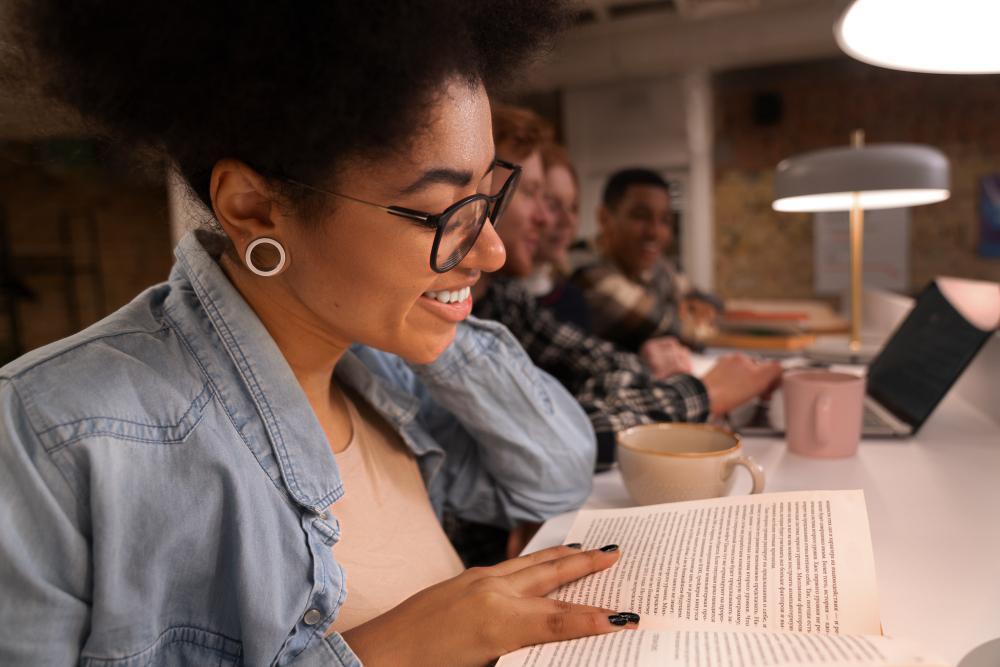
Source: Freepik
It can become the backbone of formulating lessons, shedding insight into what it means to fight for freedom and how groups can maintain their self-determination even when they’re currently facing oppression.
